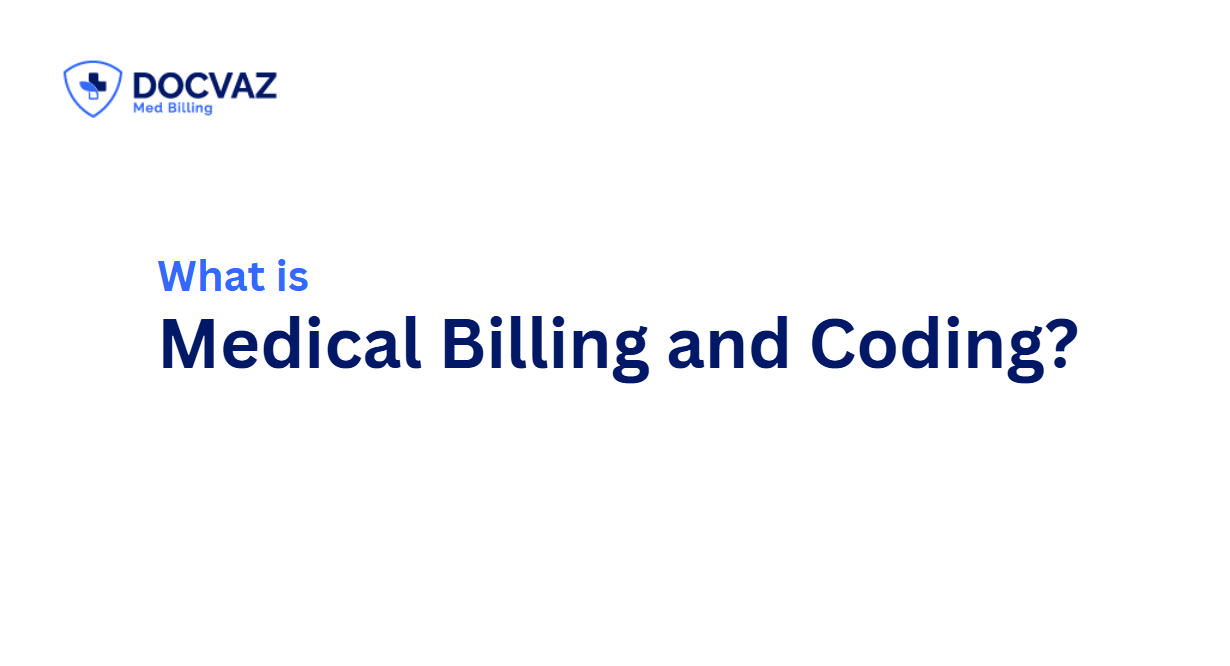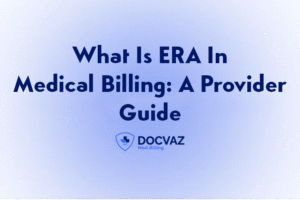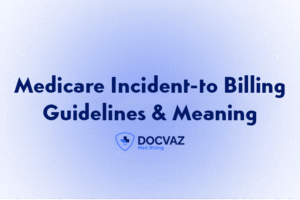Medical billing and coding are two critical components of the healthcare industry. These processes ensure that patient care is accurately documented, providers are reimbursed, and healthcare organizations remain compliant with regulations. Understanding medical billing and coding is essential for anyone working in healthcare or exploring this growing career field.
What is Medical Billing?
Medical billing refers to the process of translating healthcare services into billing claims and submitting them to insurance companies for reimbursement. Medical billers act as the financial bridge between healthcare providers, insurance companies, and patients.
Key Functions of Medical Billing:
- Patient Information Collection: Verifying personal and insurance details.
- Claims Submission: Preparing and submitting accurate claims to insurance providers.
- Reimbursement Management: Following up on denied claims, appeals, and payments.
- Revenue Cycle Support: Ensuring timely and accurate payments for healthcare services.
Importance in Healthcare:
Medical billing ensures smooth cash flow in healthcare practices, allowing providers to focus on patient care while maintaining financial stability.
What is Medical Coding?
Medical coding involves converting healthcare services, diagnoses, and treatments into standardized codes. These codes are used worldwide for record-keeping, billing, and data analysis.
Key Functions of Medical Coding:
- Assigning Standard Codes:
- ICD-10: For medical diagnoses.
- CPT: For medical procedures.
- HCPCS: For equipment and outpatient services.
- Ensuring Documentation Accuracy: Coders ensure that medical records match the codes used for billing and compliance.
- Enhancing Data Analysis: Accurate coding supports healthcare analytics and research.
Importance in Healthcare:
Medical coding standardizes healthcare documentation, making it easier for providers, insurers, and researchers to communicate and analyze data effectively.
Differences Between Medical Billing and Coding
While closely related, medical billing and coding serve distinct roles in the healthcare system:
| Aspect | Medical Billing | Medical Coding |
| Focus | Claim submission and financial management. | Translating medical services into codes. |
| Tools/Skills | Billing software, insurance policy knowledge. | ICD-10, CPT, and HCPCS codebooks. |
| Collaboration | Uses codes provided by coders for claims. | Prepares data for billers to use. |
Together, these roles ensure accurate claim submissions and timely reimbursements.
Why Are Medical Billing and Coding Important?
- Accuracy: Minimizes errors in claims and reduces denials.
- Compliance: Adheres to healthcare regulations like HIPAA and insurance standards.
- Efficient Communication: Bridges the gap between providers, insurers, and patients.
- Financial Stability: Supports revenue cycles and reduces financial stress for healthcare practices.
- Data-Driven Decisions: Provides valuable insights for healthcare improvements.
Career Opportunities in Medical Billing and Coding
Job Outlook:
The demand for medical billing and coding professionals is projected to grow steadily, driven by expanding healthcare needs and regulatory complexities. According to the U.S. Bureau of Labor Statistics, these roles offer promising career paths.
Work Environments:
Medical billers and coders can work in:
- Hospitals and clinics.
- Insurance companies.
- Independent billing companies.
- Remote or freelance roles.
Required Skills and Certifications:
- Proficiency in billing and coding software.
- Strong attention to detail and organizational skills.
- Certifications such as:
- CPC (Certified Professional Coder).
- CCS (Certified Coding Specialist).
Salary Expectations:
Salaries vary based on experience, certifications, and location. On average, professionals earn competitive wages with room for growth.
Common Challenges in Medical Billing and Coding
- Regulatory Changes: Staying updated with evolving insurance policies and codes like ICD-10 updates.
- Claim Denials: Managing rejections and appeals effectively.
- Technological Adaptation: Keeping up with new software tools and electronic health records (EHR).
Overcoming these challenges requires continuous education and adaptability.
Why Choose DocVaz for Medical Billing and Coding?
DocVaz stands out as a trusted partner for healthcare providers, offering tailored medical billing and coding solutions. Here’s why:
- Accuracy and Compliance: Ensures precise claim submissions and adherence to industry standards.
- Customized Services: Tailored solutions to fit the unique needs of your practice.
- Maximized Revenue: Reduces claim denials and increases reimbursement rates.
- Expert Team: Skilled professionals dedicated to streamlining your revenue cycle.
Choose DocVaz for reliable, efficient, and stress-free medical billing and coding services.
FAQs
1. What Qualifications Are Required for Medical Billing and Coding?
Most professionals need a high school diploma and certifications like CPC or CCS. Some pursue associate degrees for advanced roles.
2. Can I Work Remotely in This Field?
Yes, many medical billers and coders work remotely, especially with electronic record systems and telehealth.
3. How Long Does Training Take?
Training programs typically last 9 months to 2 years, depending on the certification or degree pursued.
4. What Tools Do Professionals Use?
Common tools include:
- EHR systems.
- Coding manuals (ICD, CPT, HCPCS).
- Specialized billing software.
5. Why Should I Choose DocVaz?
DocVaz offers unparalleled accuracy, expert services, and customized solutions to help your practice succeed.
6. Are There Opportunities for Advancement?
Yes, experienced professionals can advance to roles like auditors, compliance officers, or supervisors.
7. How Does Accurate Coding Benefit Providers?
It reduces claim denials, enhances compliance, and supports healthcare analytics, improving overall efficiency.
Conclusion
Medical billing and coding form the backbone of the healthcare system, ensuring accurate documentation, financial stability, and compliance. Whether you’re considering a career in this field or seeking expert assistance for your practice, understanding these roles highlights their critical importance.
For top-tier medical billing and coding services, trust DocVaz. With a proven track record of accuracy and efficiency, DocVaz empowers healthcare providers to focus on delivering quality care while ensuring seamless revenue operations.




